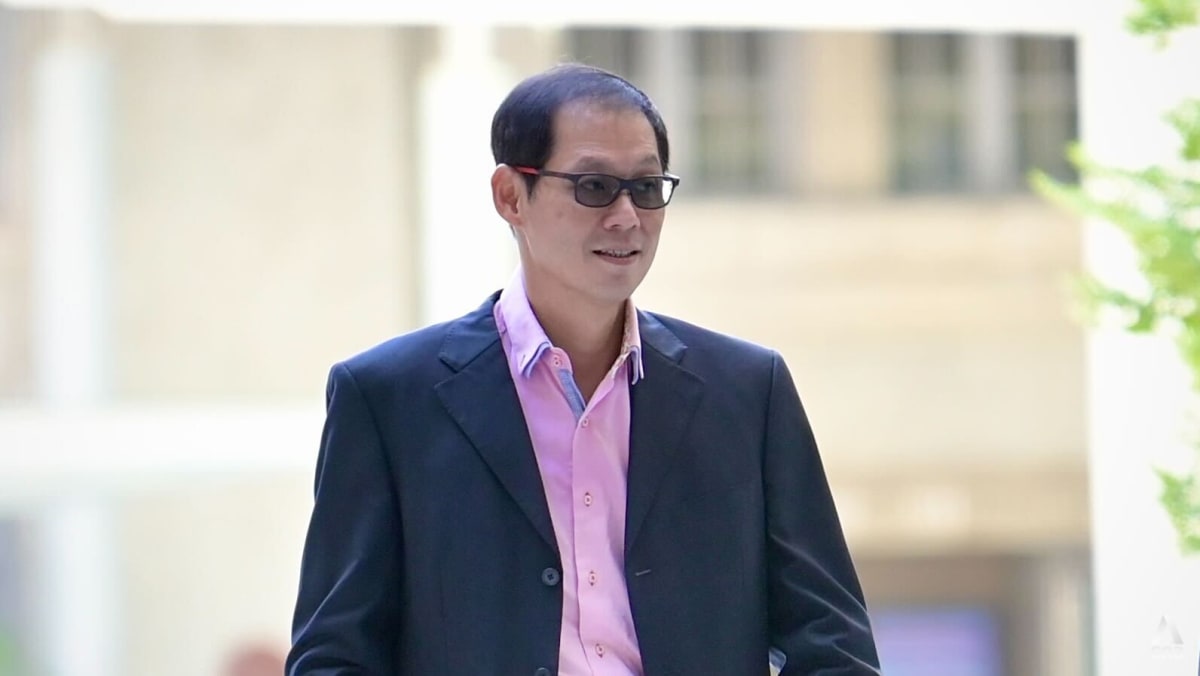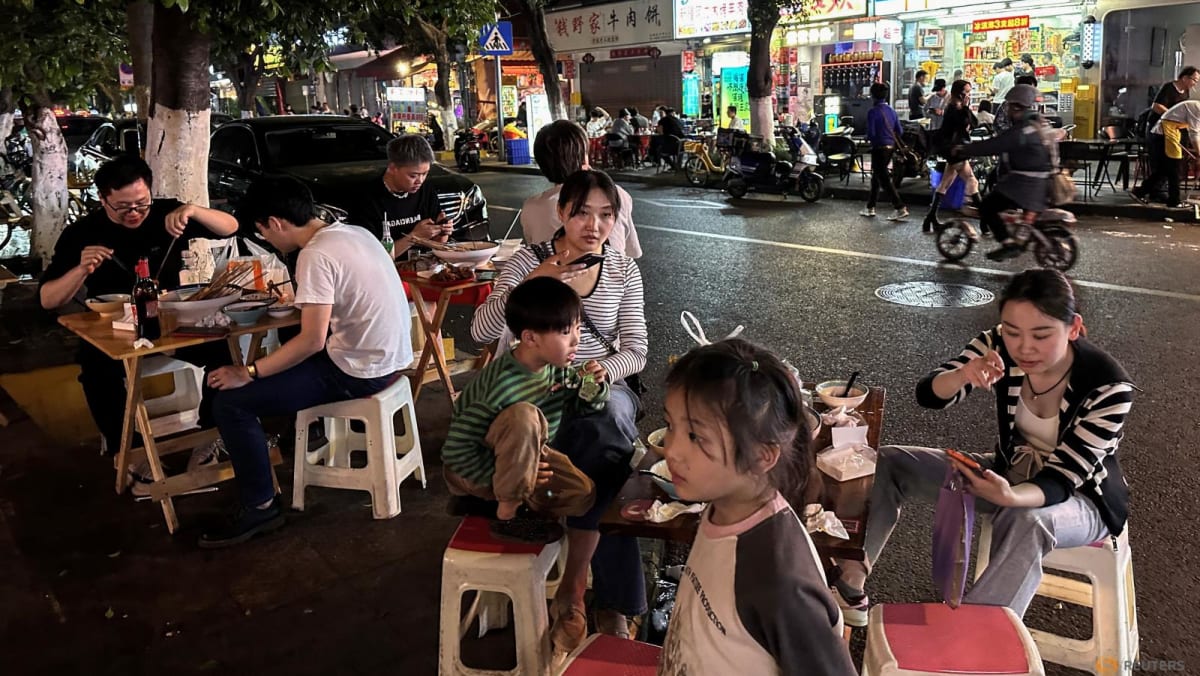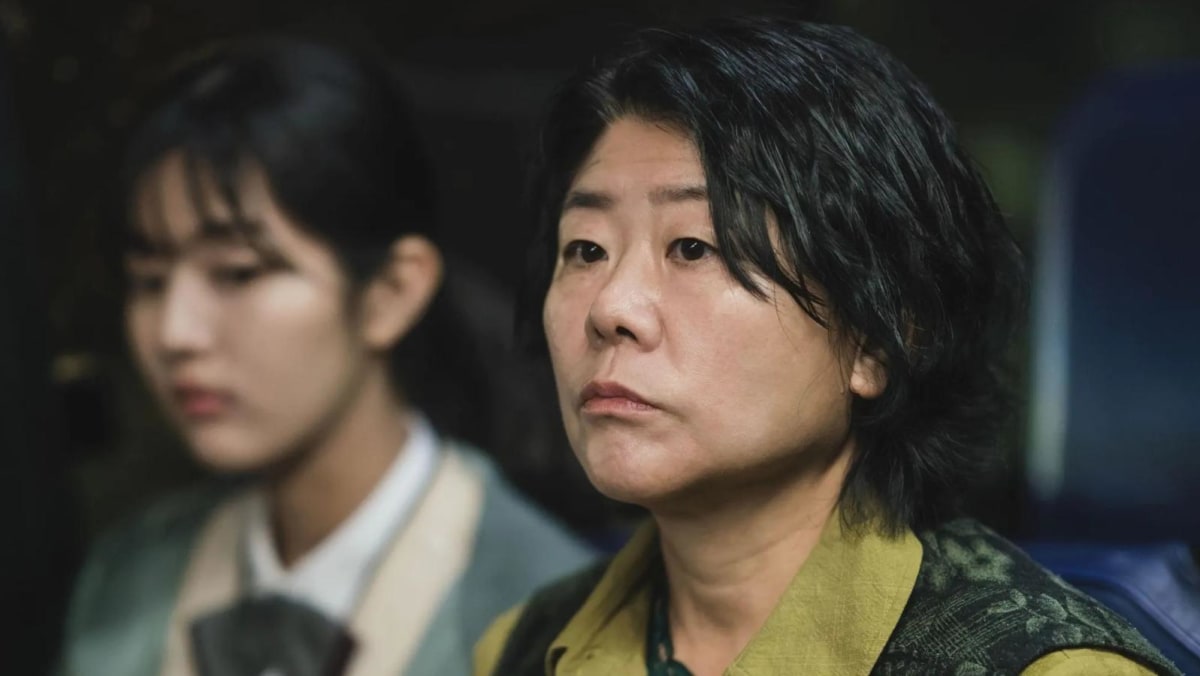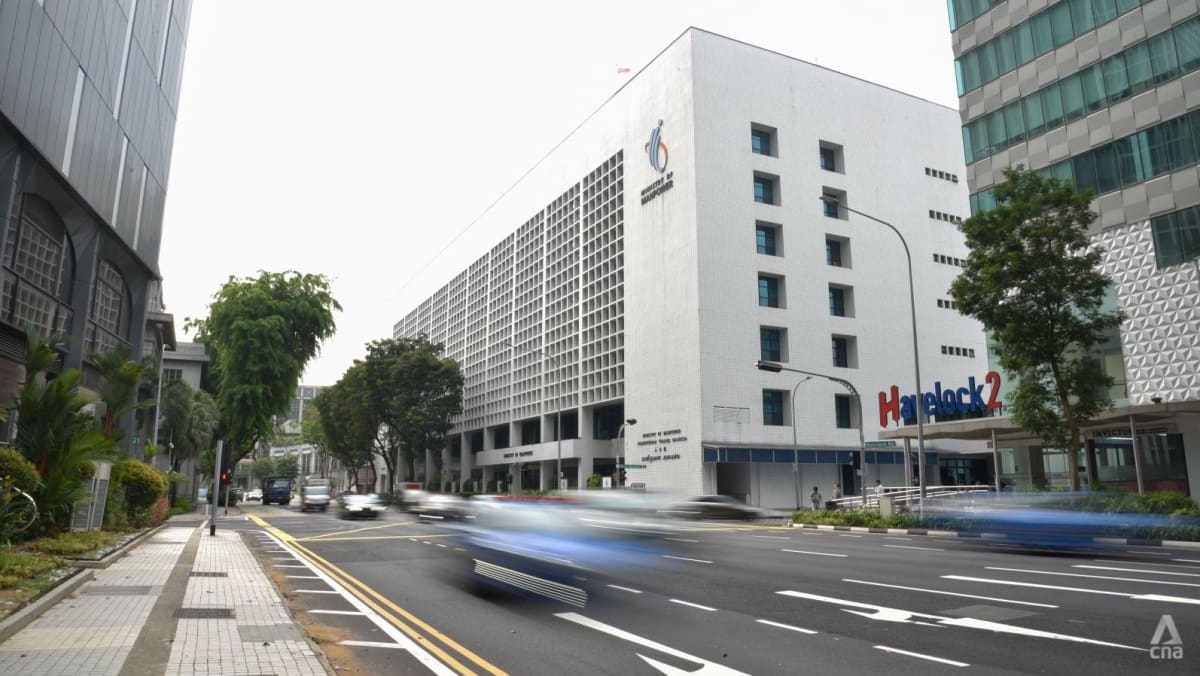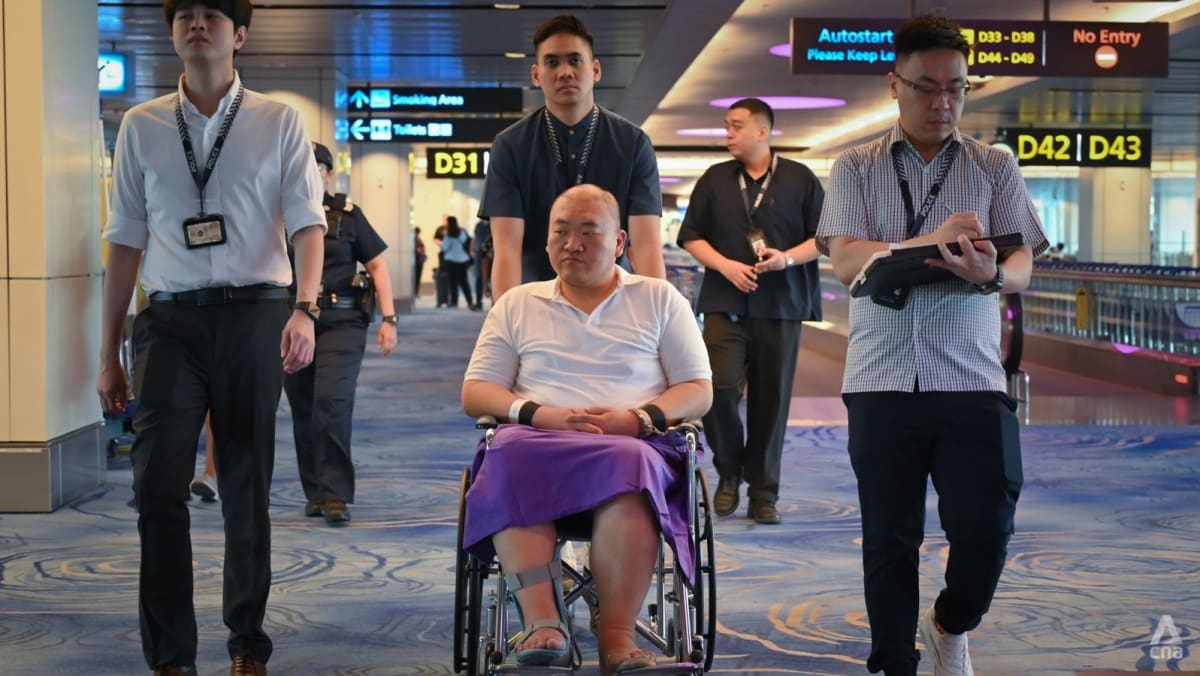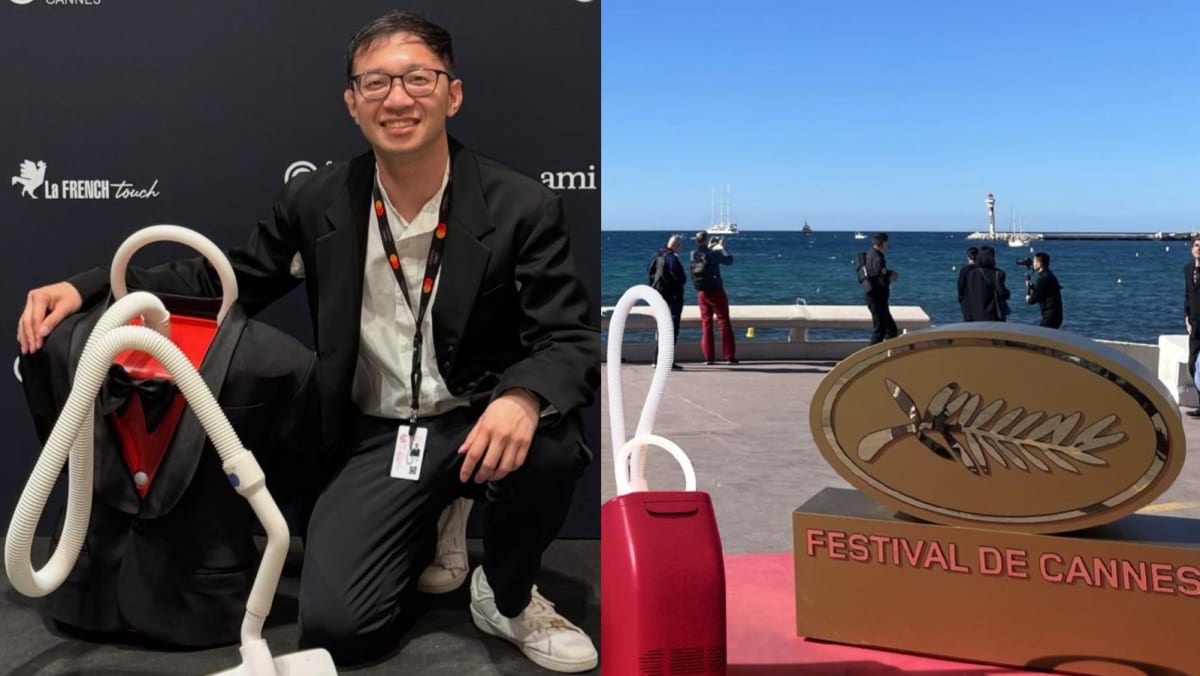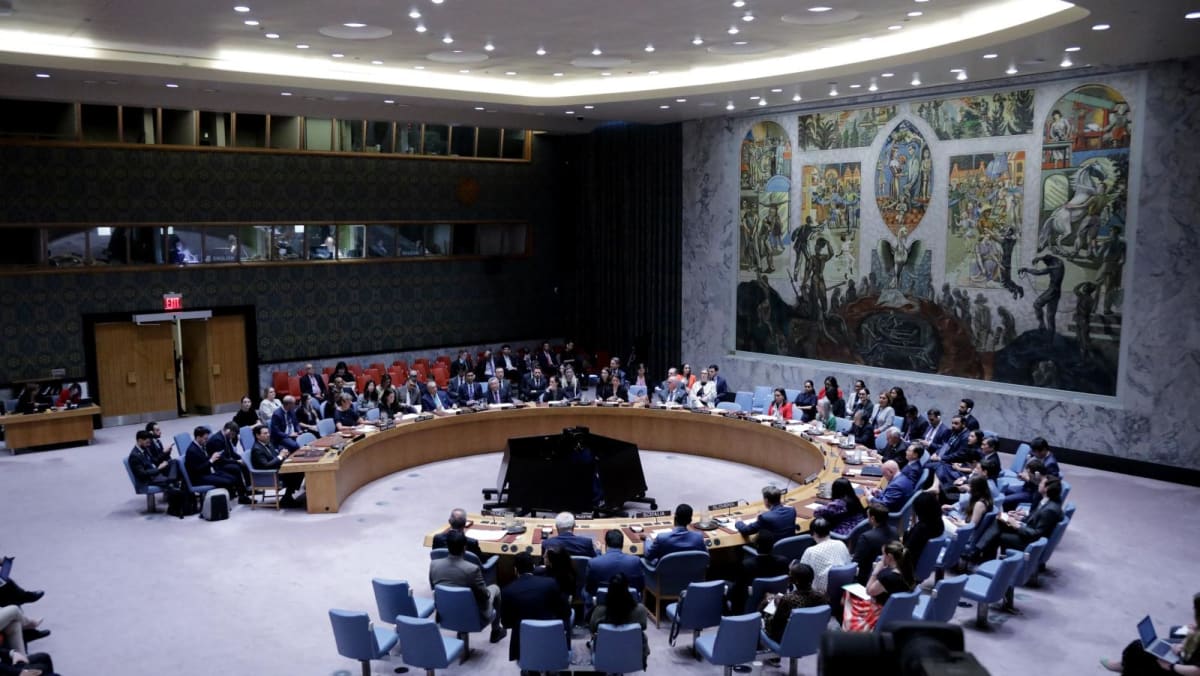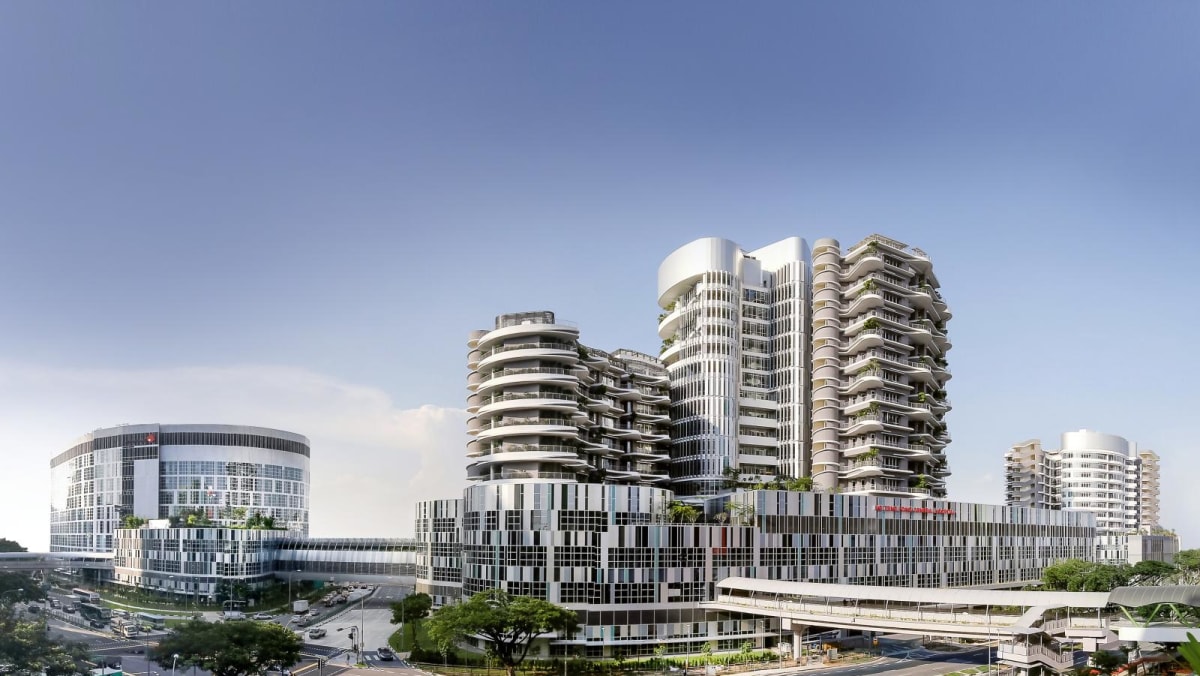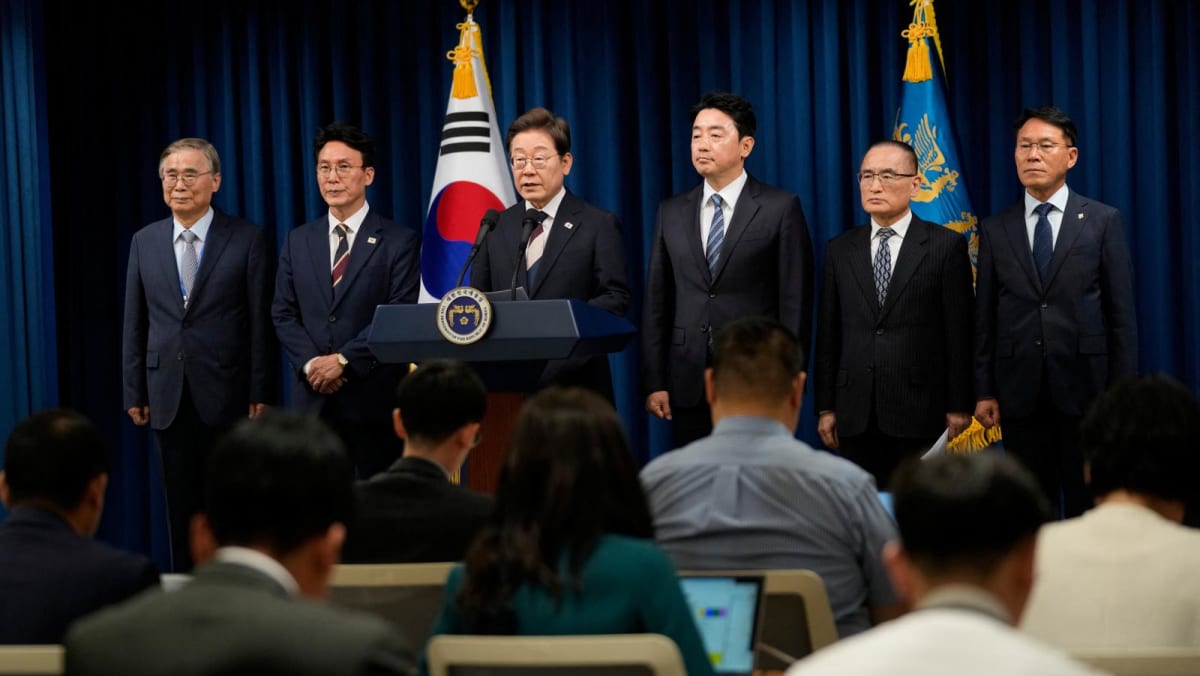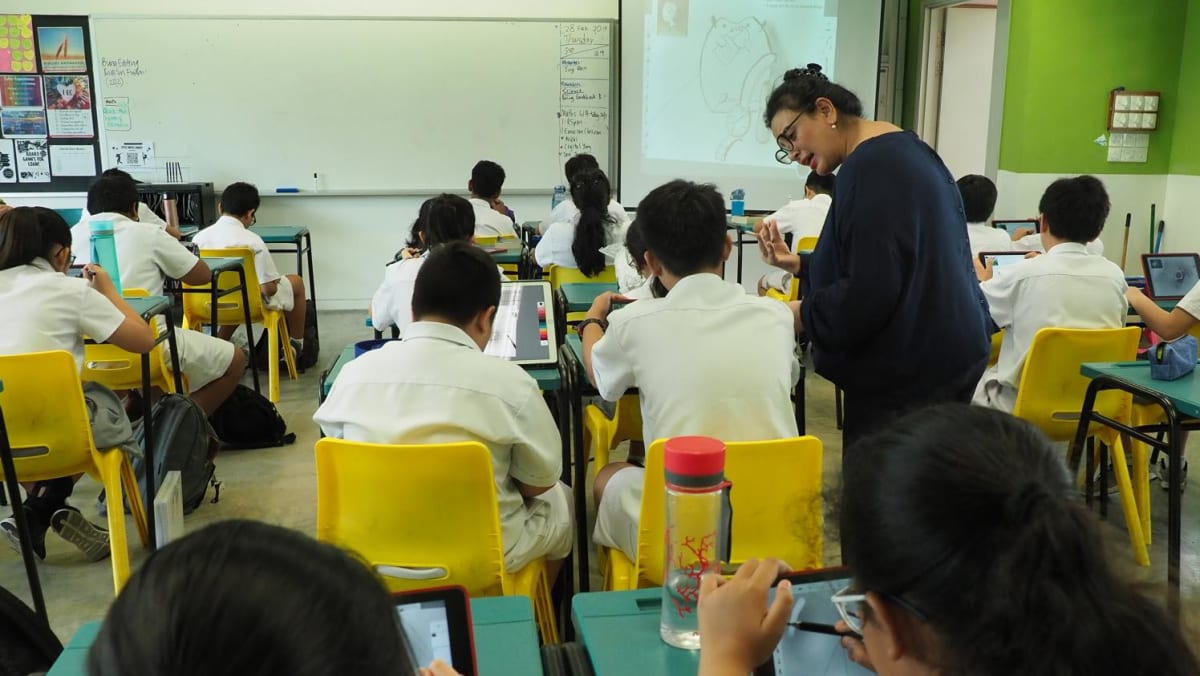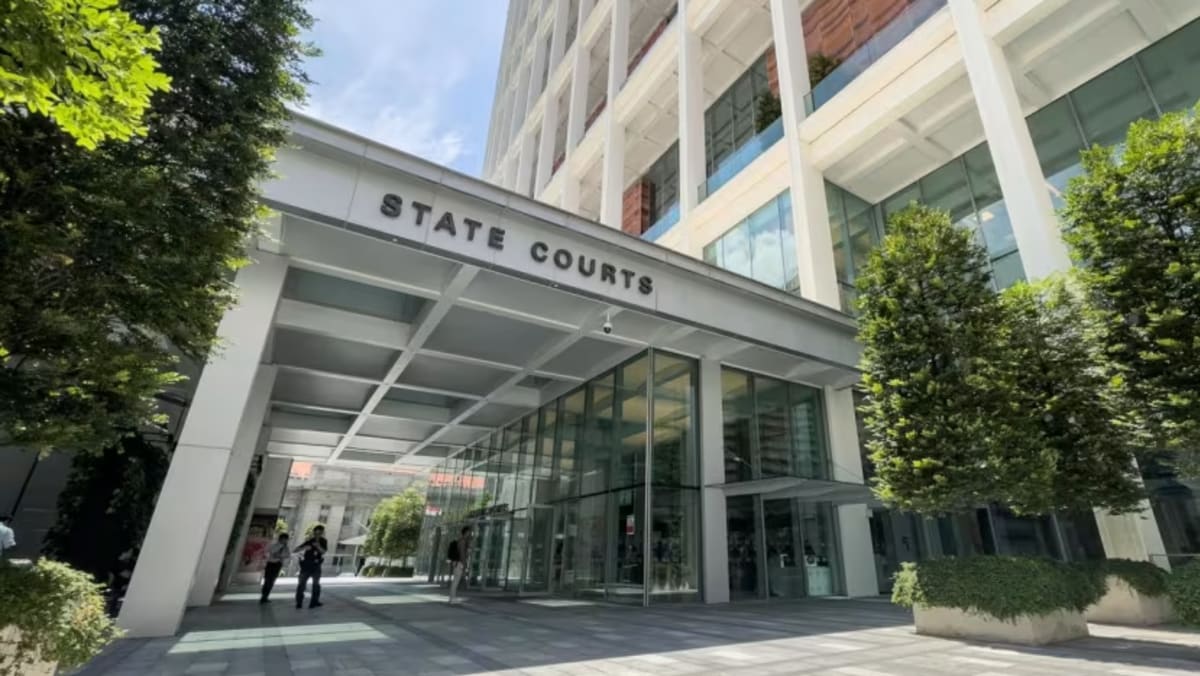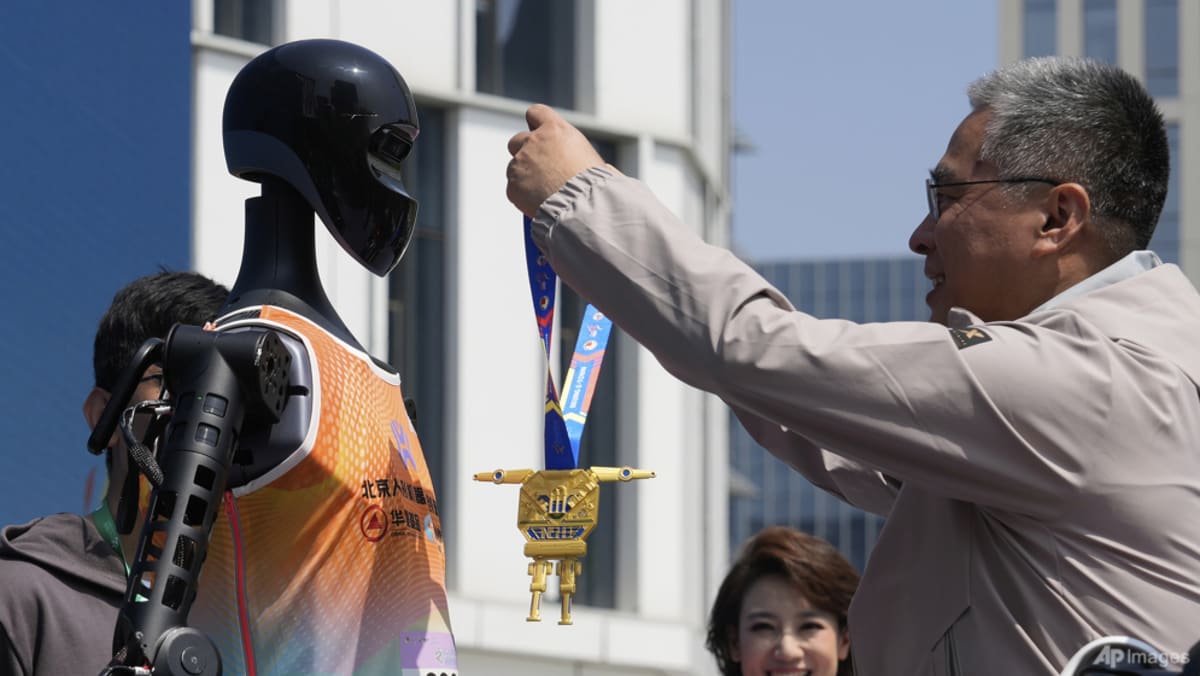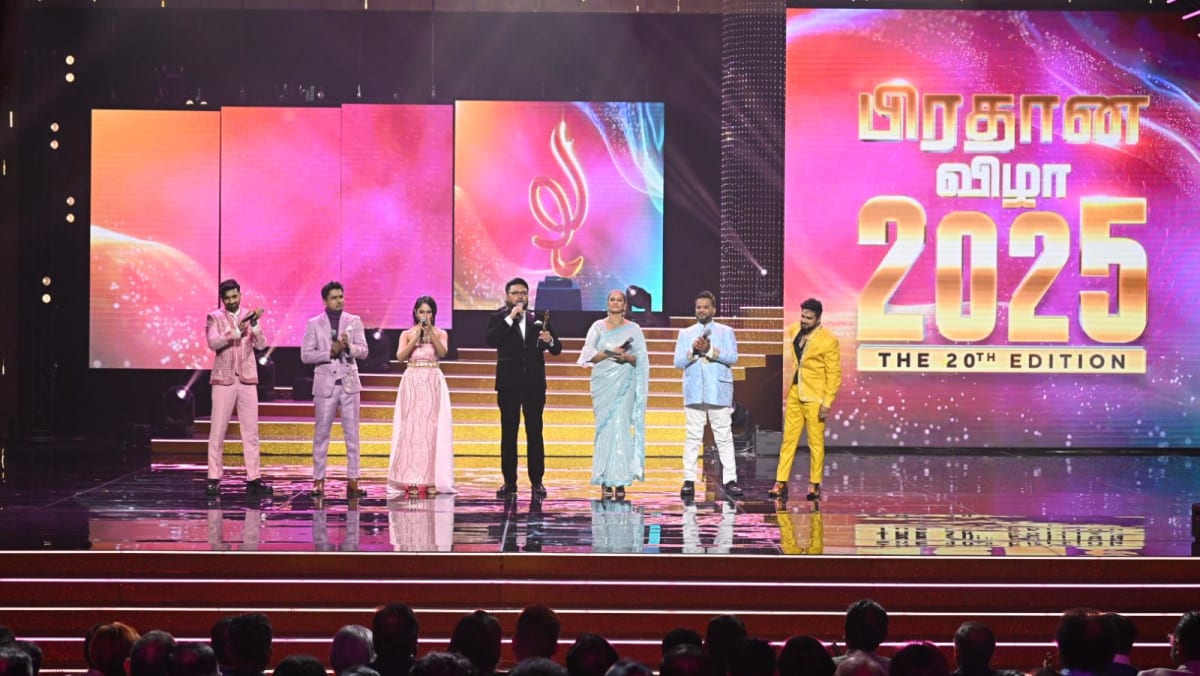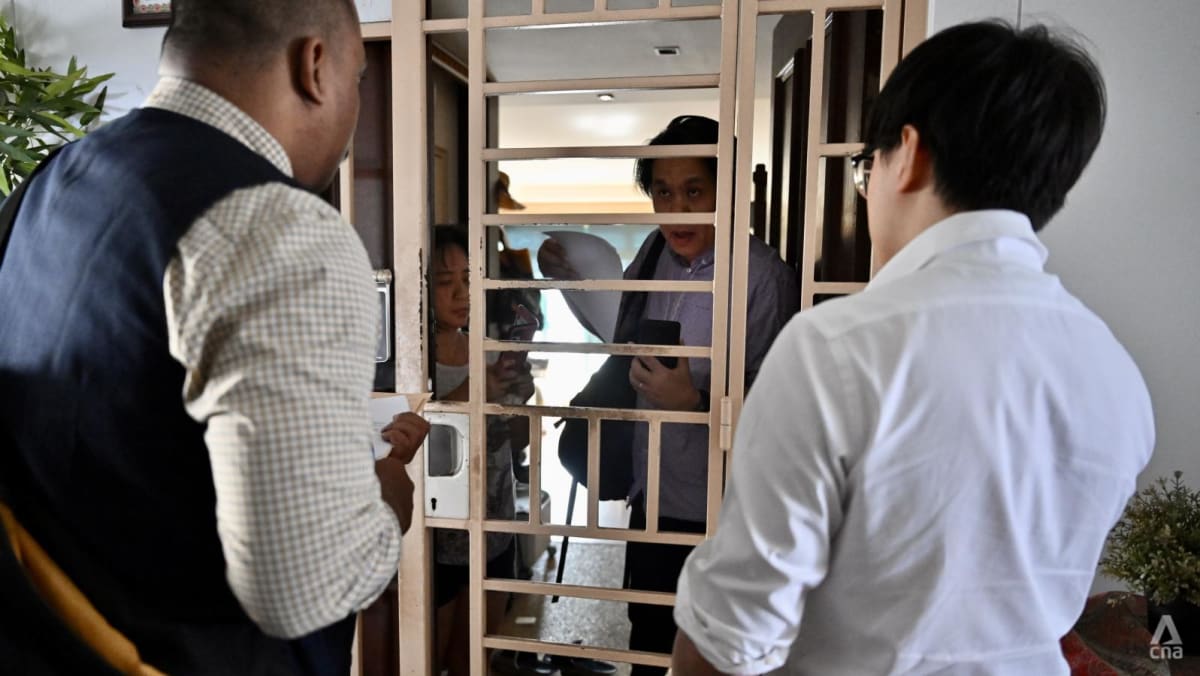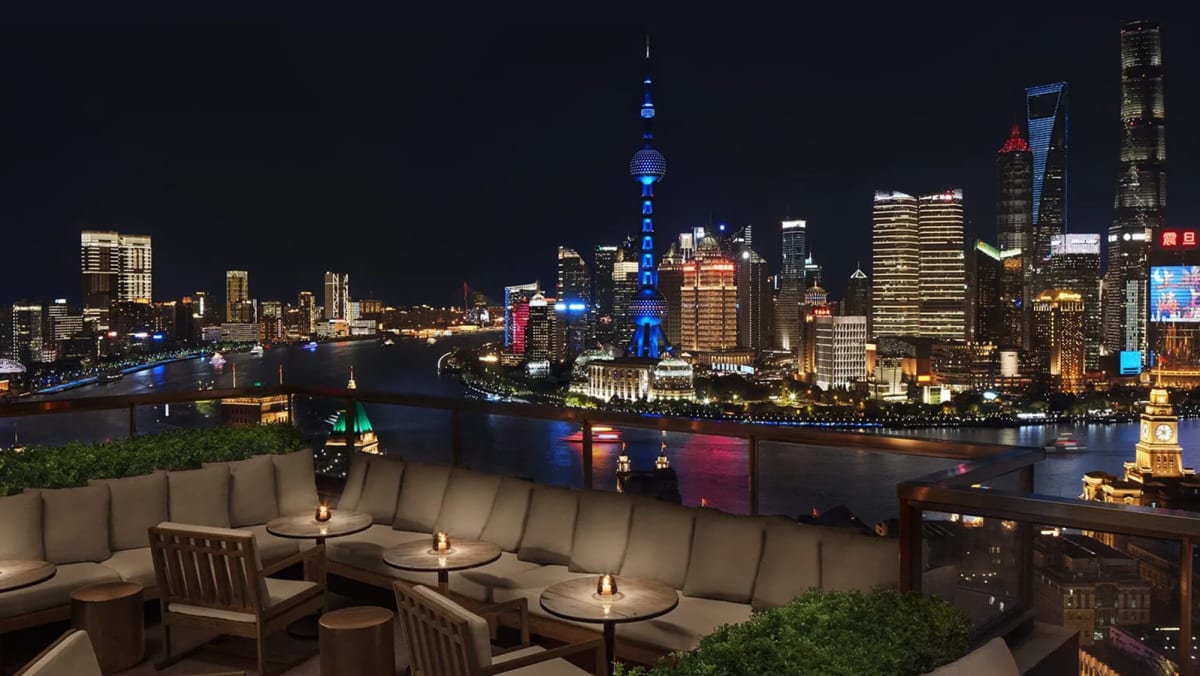SINGAPORE: Leader of the House Indranee Rajah defended parliamentary procedures after Workers' Party (WP) chair Sylvia Lim raised concerns about the redirection of parliamentary questions and the expedited passage of urgent Bills.
During the Committee of Supply debate on Monday (Mar 3), Ms Lim said parliamentary questions posed by MPs to one ministry may be redirected to be answered by another ministry without prior reference to the MP.
“Sometimes, the redirection is justified, such as when the MP may have inadvertently asked the question to the wrong ministry,” said the Member of Parliament for Aljunied.
“However, it seems to me that questions may also be redirected simply because the government finds it expedient to do so. This may undermine the main purpose of question time - government accountability.”
Citing a parliamentary question that Leader of the Opposition Pritam Singh had filed in August as an example, Ms Lim noted that he had asked the Ministry of Transport for the Land Transport Authority's (LTA) assessment of the demand for the special shuttle bus services at Marine Parade GRC.
However, the question had been redirected to the Ministry of Culture, Community and Youth (MCCY) instead, she said, adding that when Mr Singh asked supplementary transport-related questions afterwards, he was invited to file questions with LTA.
"While the Minister for Transport did step in shortly at that session to address the (Leader of the Opposition's) queries, the question still remains as to why a question posed to LTA was redirected to MCCY in the first place," she said.
The shuttle bus service is an initiative by the People's Association, which comes under MCCY.
Given limits to question time in parliament as well as potential procedural objections to refilling questions, Ms Lim asked if moving forward, MPs could be consulted on any intended redirection of questions.
In response, Ms Indranee said: “It's not really for the MP to decide who has the relevant knowledge. It's for the government, looking at the question, to determine who amongst us, who amongst the agencies and the ministries, is the one responsible or has the knowledge or is in the best position to respond.
“What is truly important at the end of the day is that the question is responded to, and that, effectively, is what is done because no matter who the question is redirected to, which agency or which ministry, there will be an answer provided.”
Turning to Ms Lim's example about the bus services in Marine Parade GRC, Ms Indranee said the decision, in that particular case, had been made by the People's Association, and not MOT or LTA.
"It was, therefore, not for MOT to explain why the shuttle bus was launched, because that was a scheme done under the People's Association and the People's Association is a statutory board that comes under MCCY and that is why the minister ... responded to that," she said.
"The Minister for Transport Chee Hong Tat did rise to clarify a point from the Leader of the Opposition, as he had asked with respect to the bus connectivity enhancement programme, and that comes under MOT. So because that one came under MOT, the Minister for Transport responded to that."
On Ms Lim’s suggestion to consult MPs before redirecting questions, Ms Indranee said MPs should make their questions clear when filing them.
“We would not want to put in place a process where every single question that is filed, you have to go back to an MP and check ‘what was your underlying intent?’” she said.
“If in the situation that Ms Lim describes where it is redirected and the member feels that it should not go because the underlying intent was to ask the other ministry something, the member is always free to reach out to the relevant minister and explain that.”
URGENT BILLS
Ms Lim also raised concerns about the impact of the Insurance (Amendment) Bill, which was passed in October, adding that it may have “dented” parliament’s reputation.
The Bill was proposed under a certificate of urgency and passed two days after it was tabled – with seven abstentions from the WP – enabling the government to block the Allianz-Income deal.
As a certificate of urgency had been obtained for the Bill, Ms Lim said it had not been referred to a Select Committee - as it ordinarily would have been - thus depriving parliament of the opportunity to hear from the affected parties before passing the Bill.
The WP MP added that while the circumstances may have required it, such certificates of urgency should be deployed as a last resort.
“This episode is a salient reminder of what is at stake - our reputation as a legislative body that respects the fundamental rights of the rule of law in the discharge of our responsibilities,” she said.
Responding to her concerns, Ms Indranee said that bringing a Bill quickly on the certificate of urgency is not the most important consideration when it comes to the reputation of parliament.
“For the reputation of parliament, what is most important is that MPs conduct themselves with the highest standards of conduct with integrity, do not mislead people outside as to what happened in parliament, and also speak the truth to parliament and its committees,” she said.
Ms Indranee added that the current system ensures that members have sufficient time to review the Bills and to debate them robustly, noting that MPs generally have about a month to go through each Bill, which forms the basis of the minister's second reading speech.
However, there may be situations where it's necessary for a Bill to be brought for second reading at short notice, she said, citing the COVID-19 temporary measures Bill and other COVID-related Bills as examples.
“From time to time, there may be exceptional circumstances, such as in the case of the Allianz Bill that call for us to be an agile legislature so that we can best serve Singaporeans,” she said.
“Measures such as certificates of urgency have been and will continue to be used sparingly and only when necessary.”
ADDRESSING MINORITY RIGHTS
Ms Indranee also defended the composition of the Presidential Council for Minority Rights (PCMR).
Ms Lim pointed out that the PCMR - which looks at Bills passed by parliament and ensures they do not discriminate against any racial or religious community - consists of permanent members of incumbent and former Cabinet ministers, and questioned if this was not a conflict of interest.
In response, Ms Indranee said that there is value in having members who have long experience and who are also members of the Cabinet as they provide a certain perspective.
“There are other members, of course, who come in, and those members may change, who provide other perspectives but what we try to do, particularly with minority rights, is to have a wide spectrum and a wide range,” she said.
“It is important to remember sometimes that there are things which were Bills, which were passed, legislative positions, provisions that were made because of a certain historical context.
“Therefore, having people who remember that context, who remember the original situation in which a certain legislative provision was provided, or certain reasons why we did not put in legislative provisions - that is valuable and that is useful.”


